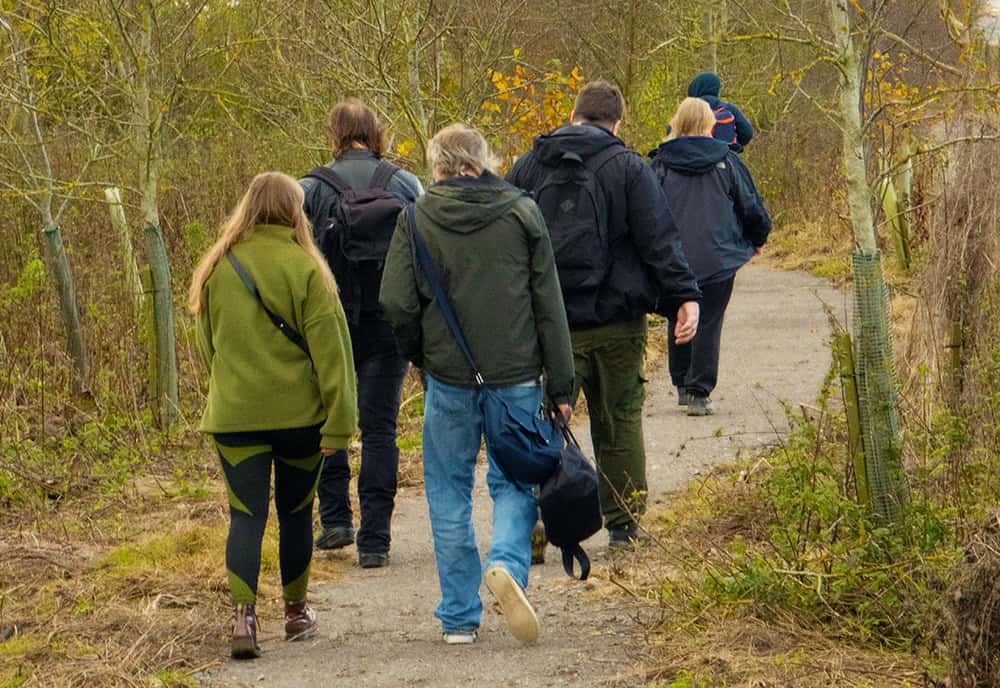We understand that the journey to recovery is deeply personal. For over 35 years, we’ve supported individuals with enduring mental health challenges and learning disabilities, helping them take steps toward living a fuller, more meaningful life. One key lesson we’ve learned along the way is that recovery is not about achieving perfection—it’s about making progress, one day at a time.
Recovery isn’t linear
Recovery often feels more like a winding path than a straight line. It’s natural to experience setbacks, challenges, and periods of slower growth. These moments don’t mean failure; they’re part of the process. Every person’s journey is unique, and each step no matter how small is a victory worth recognising.
At Amitola, we’ve seen how focusing on progress helps individuals maintain a positive outlook and keep moving forward. Whether it’s gaining independence, forming new relationships, or simply finding the courage to try something new, progress is always worth celebrating.
The value of small wins
Often, the biggest changes start with small steps. For example, a resident might begin by joining a group activity or taking on a small daily responsibility. These moments build confidence and provide a foundation for further growth.
We’ve seen how celebrating small wins like preparing a meal can have a lasting impact. Each achievement contributes to a sense of purpose and builds momentum toward larger goals.
Letting go of perfection
The idea of perfection can be overwhelming, especially for those on a recovery journey. It creates unnecessary pressure and unrealistic expectations. By shifting the focus to progress instead, we allow space for growth and self-compassion. Recovery is about living a meaningful life, not meeting a specific standard of “success.”
We encourage individuals to embrace their unique strengths and work toward goals that are personal and achievable. Our team of experienced professionals provide support and guidance tailored to each person’s needs.
Building a supportive environment
Progress is easier to achieve in the right environment. That’s why our services are designed to provide structure and flexibility, whether it’s in our residential care homes, recovery houses, or bespoke community support programs. We create safe, supportive spaces where individuals can explore their potential without fear of judgment or failure.
Recovery at Amitola Communities is about more than addressing symptoms. It’s about helping individuals rediscover joy, build connections, and regain a sense of purpose.
Progress is personal
What does progress look like? For some, it might mean taking on a volunteer role or rejoining education. For others, it could be as simple as finding a routine that works or developing better communication skills. There’s no universal measure of progress, and that’s okay. Recovery is deeply personal, and every step forward is significant.
How you can support progress
If you’re supporting a loved one on their recovery journey, remember that your presence matters more than perfection. Listen without judgment, celebrate their achievements, and offer encouragement during setbacks. Small gestures of understanding can make a big difference.
Final thoughts
Recovery is about progress, not perfection. It’s a journey filled with growth, learning, and moments of joy.
If you or a loved one are looking for support, contact us to learn more about our services and how we can help you design your unique recovery journey.



